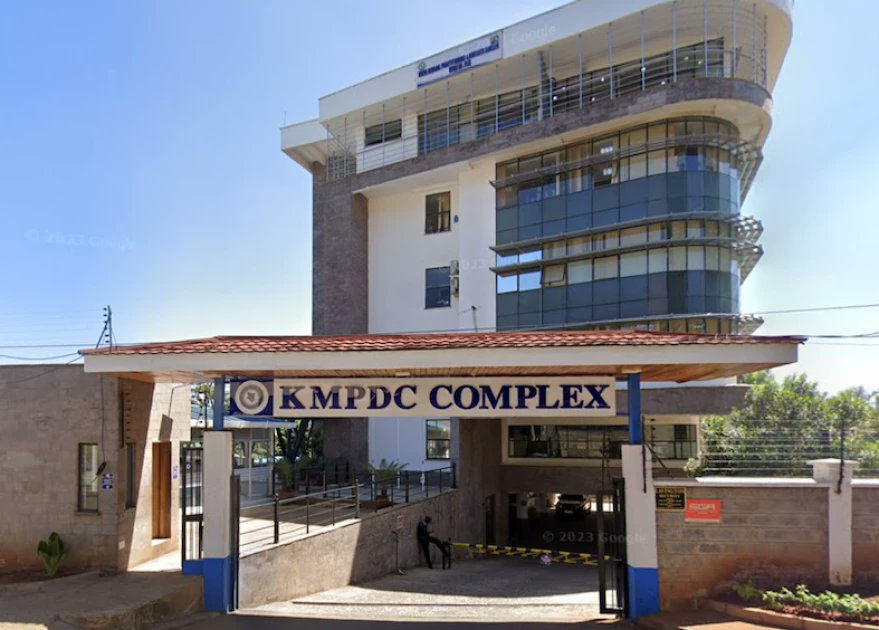KMPDC Shuts Down 158 Health Facilities in Nairobi Over Non-Compliance
- Christabel Adhiambo

- Aug 29, 2025
- 2 min read

Kenya Medical Practitioners and Dentists Council (KMPDC) has shut down 158 health facilities in Nairobi found to be operating without meeting the required licensing and professional standards.
In a press statement issued on August 28th, KMPDC noted that most of the facilities closed or downgraded had employed unlicensed or unregistered practitioners, while others lacked essential infrastructure such as pharmacies, maternity wings, and laboratories.
Some facilities also faced sanitation issues and poor waste disposal systems, posing a direct threat to patient health.
“Our primary duty is to protect patients,” David Kariuki said, CEO and Registrar at KMPDC.
“We will continue to enforce these regulations firmly and fairly, so that every Kenyan receives the quality healthcare they deserve.”
The closures followed the most recent inspection exercise that covered 288 health facilities across the city.
In addition to the shutdowns, 25 facilities were downgraded, while 105 were allowed to continue operations after meeting compliance requirements.
The inspections were guided by the Inspections and Licensing Rules, 2022, under the Medical Practitioners and Dentists Act (CAP 253), which mandate regular inspections and empower the Council to suspend or revoke licenses of non-compliant facilities.
The rules aim to promote accountability, transparency and continuous improvement in healthcare delivery.
Kariuki emphasized that the exercise is part of a wider effort to enhance patient safety by reducing the risk of medical errors, malpractice, and unsafe treatment environments.
“These regulations are not only meant to enforce order but also to ensure that only licensed, well-equipped and professionally staffed facilities operate in the country,” he said.
To protect the public, KMPDC has announced that the names of all closed facilities will be gazetted to help patients seek care only from compliant institutions.
The Council has also shared information with the National Government Administration Office, county governments, the Social Health Authority, the Digital Health Authority and other health regulatory bodies to ensure coordinated enforcement.
“As a regulator, our responsibility is to ensure patient safety while deterring unethical providers,” Kariuki added.
“We urge Kenyans to verify the licensing status of facilities before seeking treatment.”
The Council assured that inspection exercises will continue nationwide as part of its efforts to strengthen healthcare delivery and uphold professional standards.








Comments